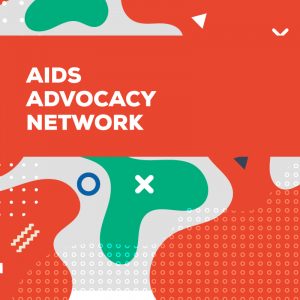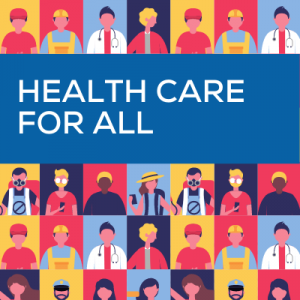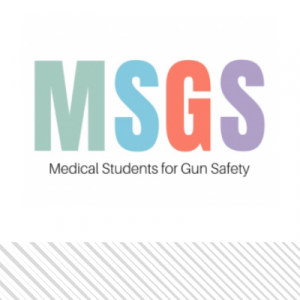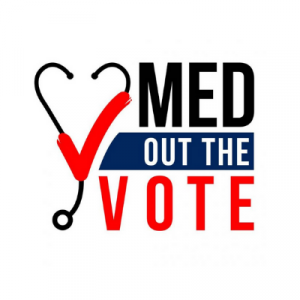Who We Are
The AIDS Advocacy Network (AAN) is a group of passionate student-activists dedicated to ending the HIV/AIDS pandemic. We use our powerful voices as current and future health professional students to advance evidence-based interventions to reduce stigma and transmission of the virus. We seek to build a movement of young health professionals students to maximize our power and push leaders to act now to put us on the fast-track to ending the pandemic.





